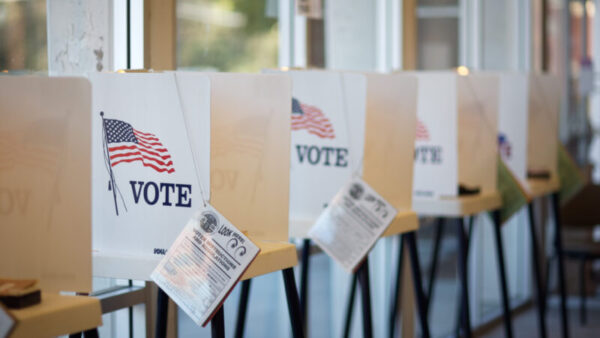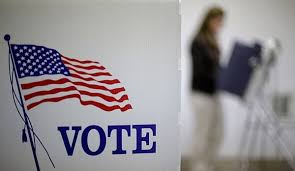With all the frenzy surrounding voting rights litigation, particularly in Ohio and other swing states over vetting new voter registrations, and the seemingly endless charges alleging voter registration fraud by third party groups like ACORN, one wonders if those at the helm of election protection activities are being diverted from the election’s true finish line: the vote count. Put another way, the question two-plus weeks before Election Day is whether there are adequate election protection plans in place that not only deal with more overt forms of voter suppression, but also with ensuring the accuracy of the count.
The answer quickly turns to what are the plans to monitor electronic vote counts, particularly at countywide levels as they come in from swing regions in swing states. With so many predictions of a landslide by Democrats, it has been hard to get a true sense of what is being done in this arcane and essential area of law and election protection. What is happening quickly falls into efforts inside and outside of the political parties, which, of course, have the largest operations, budgets and staffs. The Democratic national Committee is taking the lead on election protection issues for the Obama campaign. It knows about many electronic vote counting issues, but it hasn’t made these issues as high a priority as other Election Day concerns. In the spirit of full disclosure, I have not been able to talk to Republicans on these same issues to any extent where I can characterize their plans.
Of course, non-party election protection efforts are very important and should not be discounted. The real-time voter hotline to lawyers are an essential tool for the public. Also, this year election officials seem to know they are under great pressures to manage voting so the public perception will not be sullied by questionable results. E-voting issues are more known than ever, and as was the case in New Jersey on Friday, courts are releasing once-secret reports about known security vulnerabilities in paperless voting systems.
What does this mean for Election Day? Flawed or not, the machinery that will be used to cast and count votes is in place. The biggest concerns on the voter’s end is whether their votes will be accurately recorded and not lost, due to a range of factors from human error to software glitches to lost memory cards — the electronic version of a ballot box. During the day, election observers need to be at the receiving end of the IT hotlines in county election offices, so they can monitor reports of problems and assess solutions that most likely will be carried out by private contractors working for those local governments. At night, or as the precinct votes are tabulated into county totals, observers also need to see what is happening. IE, are precincts with unusually high turnouts accurate, or is someone padding the numbers?
The biggest vulnerability in the vote-counting process appears to be the prospect that a private contractor, with strong partisan feelings, will tinker with the machinery to alter the count, either by adding to the number of voters casting ballots or shifting the allocation of votes awarded on a percentage basis: adding from candidate X and subtracting from candidate Y. While election protection observers will not be able to stop that kind of potential manipulation, they can flag problematic counties, or contractors, or voting machine models, and then campaign lawyers can figure out what to do from there.
The trouble with predicting problems in elections is you can be spot-on or completely miss. That’s why voting rights advocates prepare for many scenarios. Many people do not want the vote counting machinery to be the next big issue to surface in 2008. We can either hope that will be the case, or integrate planning for the prospect into the pre-election training sessions now underway across the country.
Steve Rosenfeld is a senior fellow at AlterNet.org where he covers elections from a voting rights perspective.



